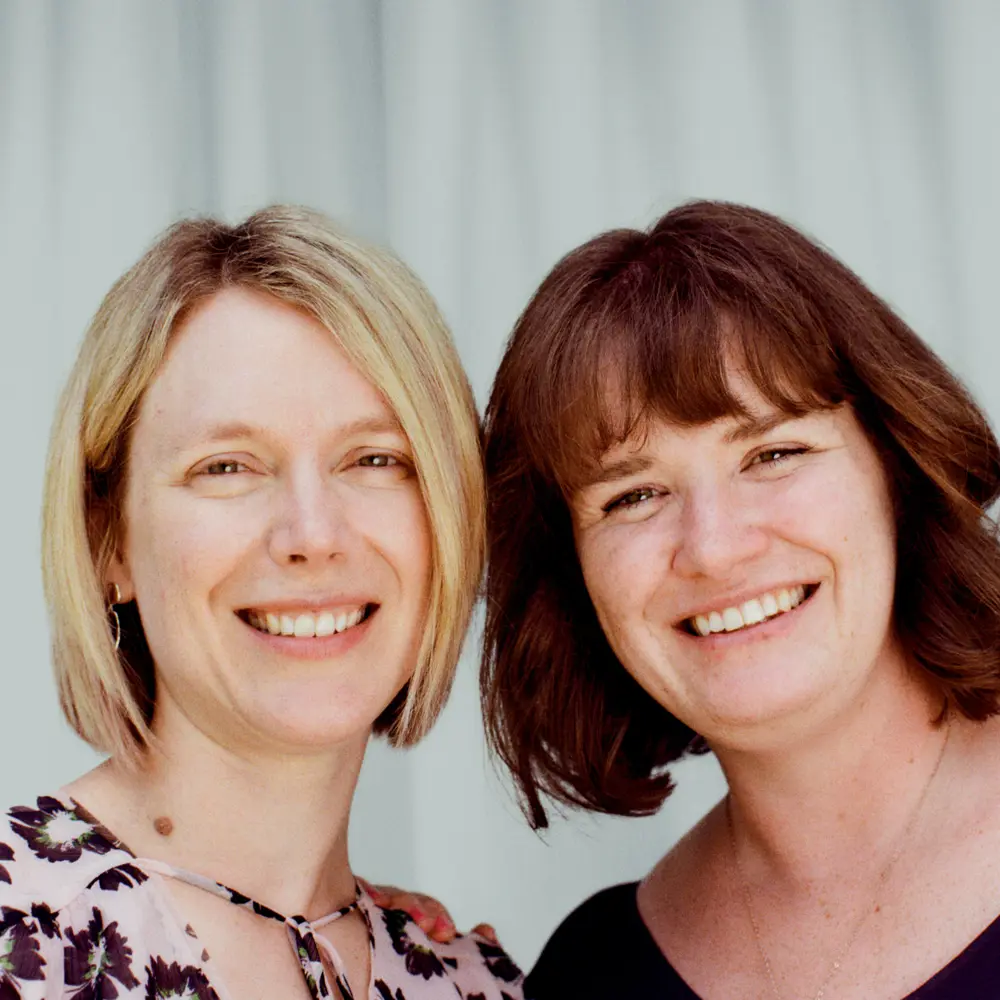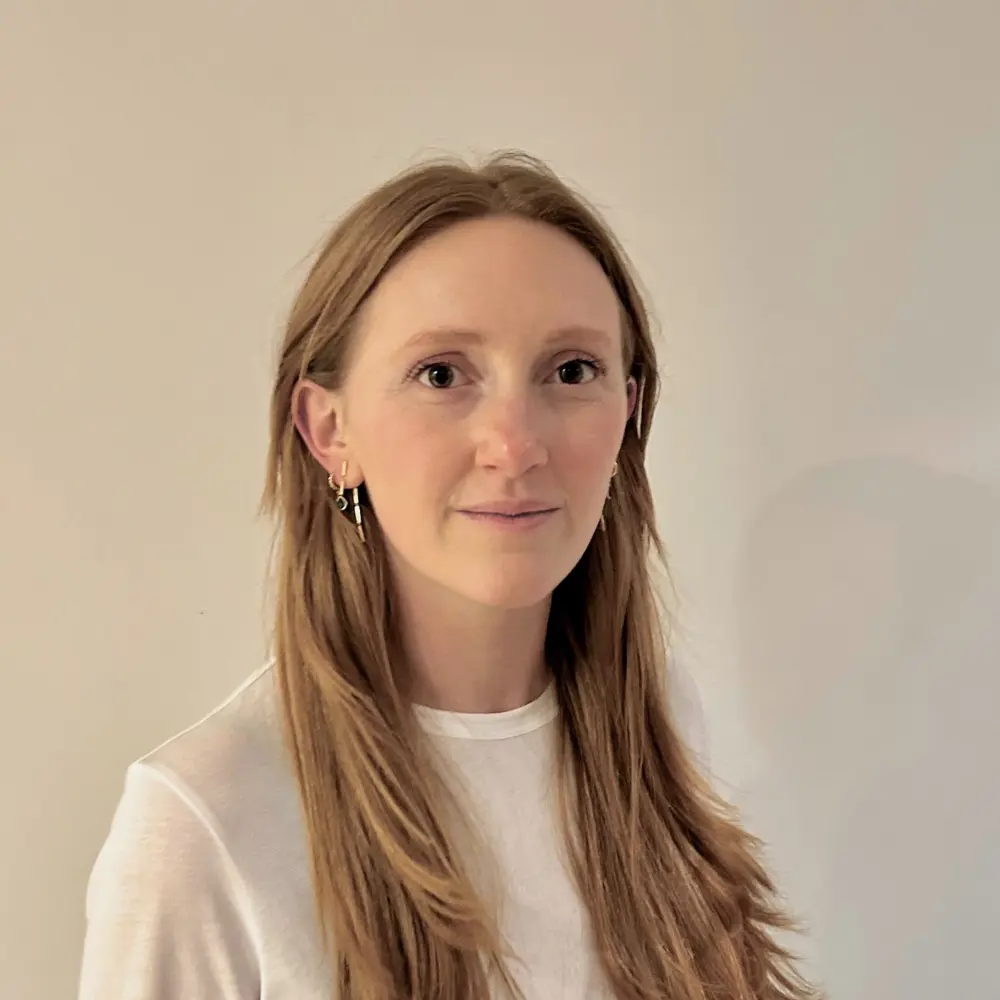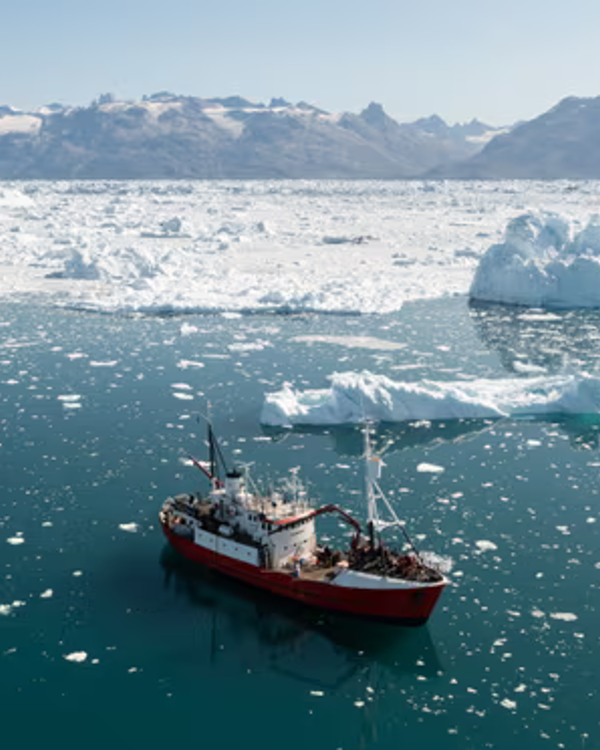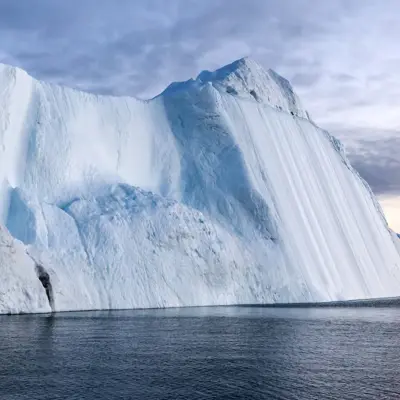Our goal
To create an early warning system for tipping points that equips the world with the information we need to build resilience and accelerate proactive climate adaptation.
Major parts of the Earth system are at risk of crossing climate tipping points within the next century, with severe consequences for biodiversity, food security, agriculture, and humanity. Despite the potential impact, we’re poorly equipped to characterise the long-term trends of our climate systems, or predict the future risk of runaway, self-perpetuating change.
Our best observational datasets are at a nascent stage, while our best climate models are computationally expensive and do not capture all the physical processes we need.
Combining expertise in observation and modelling with innovative sensing systems, we’ll look to develop a proof-of-concept for an early warning system for climate tipping points that is affordable, sustainable and justified. We’ll achieve this through a targeted deployment of low-cost sensing systems, to be tested in a multi-year field campaign, whose data can be integrated with advances in physics- and AI-driven models to push the frontiers of knowledge for climate tipping points.
By unifying these approaches, we’re aiming to confidently predict when a system will tip, what the consequences will be, and how quickly that change will unfold.
Read the programme thesis (English)
Read the programme thesis (Kalaallisut)
Read the accessible version of the programme thesis
*This page will be available in Greenlandic soon.
Technical Areas
This programme is split into three Technical Areas (TAs).
Developing new sensing systems and pushing to rapid deployment
These 16 teams will design an affordable, sustainable and just sensing system that addresses our unmet observational needs in challenging polar environments. Then, through a coordinated multi-year field campaign, they will deploy existing and new sensing systems targeted at the Greenland Ice Sheet and the Subpolar Gyre.
Uniting models and measurements to create an early warning system
We're funding 10 teams to unlock the mathematical, physical and computational methods necessary to characterise tipping point dynamics, their subsequent impacts and potential economic consequences.
Standardisation, calibration + breaking systemic barriers
Our work is built on two core themes. First, in partnership with the National Physical Laboratory, we’ll develop quality assurance standards for the programme's observational data through rigorous calibration and validation. Second, we’ll break down research silos to attract diverse talent – including new climate entrants and young people – and collaborate closely with Greenlandic partners to ensure direct benefits to local communities and environments.
Explore the funded projects
We’re bringing together 26 teams of experts in climate science, optics, computer science, mathematics, statistics, photonics, and nuclear physics – spanning startups, academia, and non-profit R&D organisations – to define and detect the earliest signs of climate tipping points.
Meet the programme team
Our Programme Directors are supported by a core team that provides a blend of operational coordination and highly specialised technical expertise.

Gemma Bale + Sarah Bohndiek
Programme Directors
Gemma Bale and Sarah Bohndiek are biomedical physicists working as co-Programme Directors. They both joined ARIA from the University of Cambridge, where Gemma continues to lead teams working on non-invasive brain monitoring, and Sarah in optical imaging technology for earlier cancer detection.

Jess Humphreys
Programme Specialist
Prior to working with ARIA, Jess built a career innovating clinical trial management at tech SMEs, where she led teams developing interactive response technology platforms to streamline trial processes, and oversaw global data management and quality control at neuroimaging facilities. Jess supports ARIA as an operating partner from Pace.

Dan Giles
Technical Specialist
Dan has a diverse academic background in applied mathematics, statistics, and computer science, with a focus on developing and enhancing ocean and atmospheric models. He joined ARIA from University College London, where he is a Senior Research Fellow in machine learning for weather and climate sciences.
Featured insights

Early warning system for climate tipping points given £81m kickstart
The Guardian
Ambitious UK project aims to forecast climate catastrophes using fleets of drones, cosmic ray detection, patterns of plankton blooms and more.
Scoping Our Planet
In Scoping Our Planet, we seek to unite frontier platforms, sensors, and AI models to revolutionise our understanding of our Earth system, maximise planetary resilience and revolutionise global business.
Enduring Atmospheric Platforms
This programme aims to develop low-cost, persistent, and autonomous atmospheric platforms.




